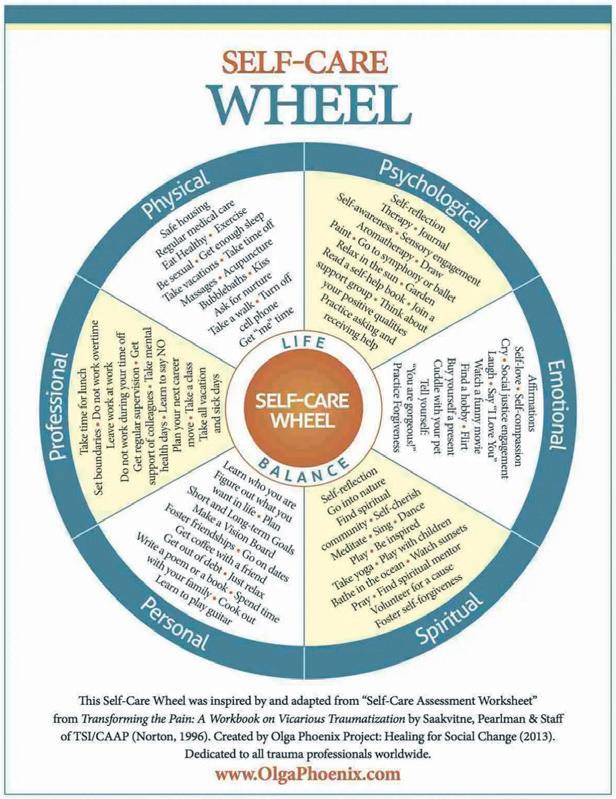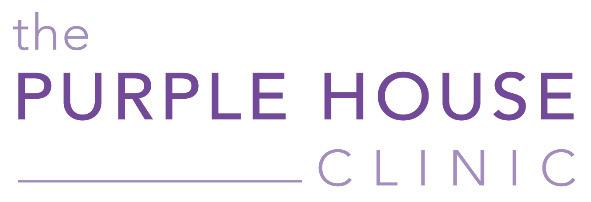
2 minute read
Focus on...
I would like to ask you to take a moment, a moment to think about how you look after yourself day to day, physically and mentally.
Self care is a term that we widely see and hear throughout popular culture. There are many definitions of self care; a key theme being how we keep ourselves and others physically and mentally healthy. A new year often prompts people to focus on self care, however this is something we need to prioritise all year round! After the indulgence of December holidays, we can often feel like we need to make changes to our life. Social media is saturated with strategies for self improvement but how much of it is sustainable?
Advertisement
How many people start a diet, abstain from alcohol, start a new exercise regime to only give up. Research indicates that on average 9-12% of people stick to their New Year's resolutions; this might be because the change may be too big, the goals unrealistic, we may not consider the why or how to maintain it or we simply may not be ready for change or are changing for other people.
So how do we make long term changes? It's about changing habits or creating new ones, so it's about doing the same thing, the same way for a long time. Making the new or desired habit achievable and realistic is key. The Stages of Change Model (Prochaska, DiClemente and Norcross, 1992) explains the processes behind personal transformation. It explains how and why some changes stick while others don’t last and how long it takes to build new habits. The stages of change can be defined as the series of stages a person goes through to introduce, modify or eliminate behaviours. The model focuses on a person's decisionmaking and intention to change. The six stages of change are precontemplation (no intention to take action in the foreseeable future), contemplation (intention to start healthy behaviour in the foreseeable future/consideration of pros and cons takes place), preparation (ready to take action in the next 30 days/smalls steps are taken towards behaviour change), action (recent change in behaviour and intention to continue), maintenance (new behaviour has been sustained for more than 6 months/intention to maintain this into the future) and termination (no desire to return to unhealthy behaviours and relapse is unlikely).
How do we know what we want to change? One way to narrow down what or how we would like to make change is to think about overall mental wellness and what you as an individual value.
Wellness is about maintaining mental and physical fitness and having enough energy to meet occupational and personal commitments.
The Global Wellness institute defines wellness as “the active pursuit of activities, choices and lifestyles that lead to a state of holistic health... an internal resource that helps us think, feel, connect and function; it is an active process that helps us to build resilience, grow and flourish” (What is Wellness? – Global Wellness Institute, 2023).
There are a number of models which outline the dimensions of wellness. One such model identifies 8 key dimensions, namely emotions, spiritual, intellectual, physical, environmental, financial, occupational and social wellness. But how can we relate this to our everyday life and values? Olga Phoenix created a tool called the self care wheel which allows you to break down how you would like to care for yourself across all areas of your life. You can try this for free: https://positivepsychology.com/self-care-wheel/
There are many free resources out there to help you to achieve desired change. A simple way to start is to take a moment to think about what is working and not working for you right now. It starts there!












